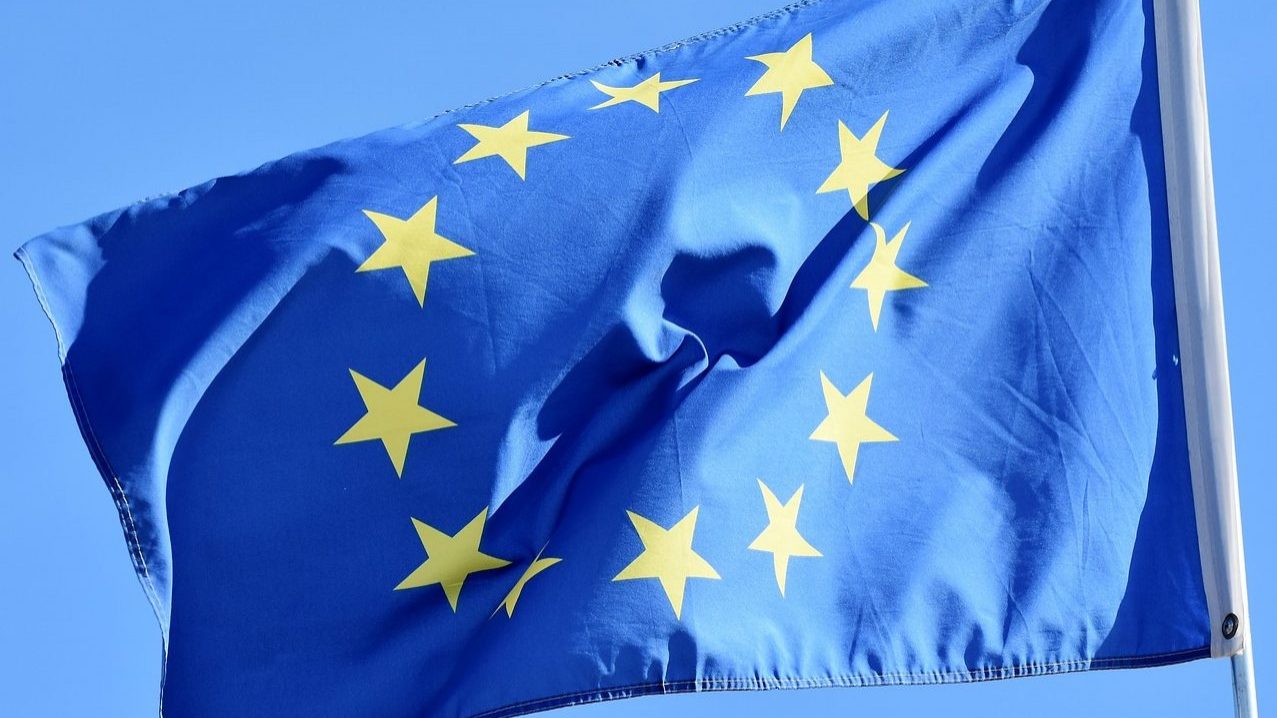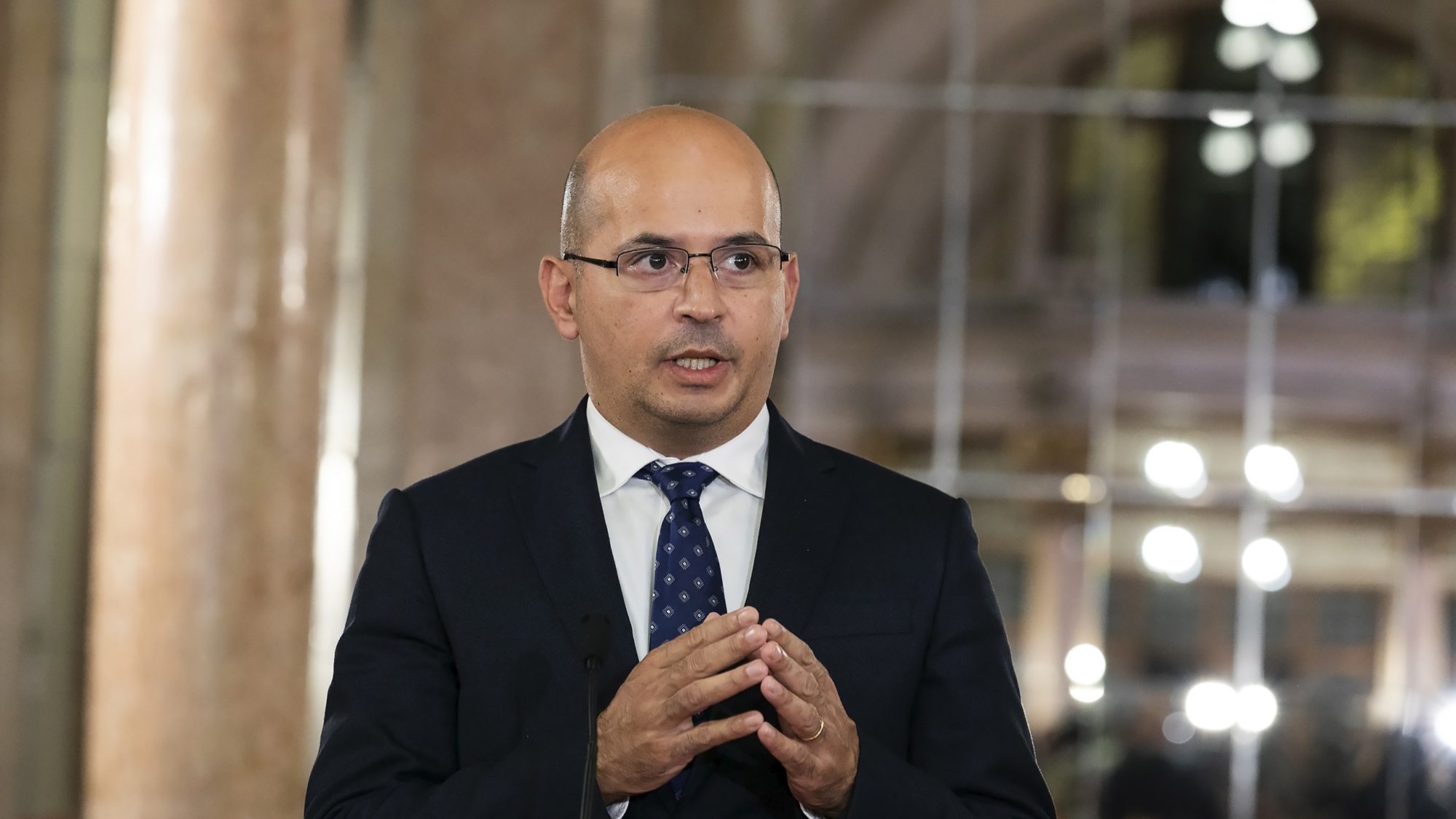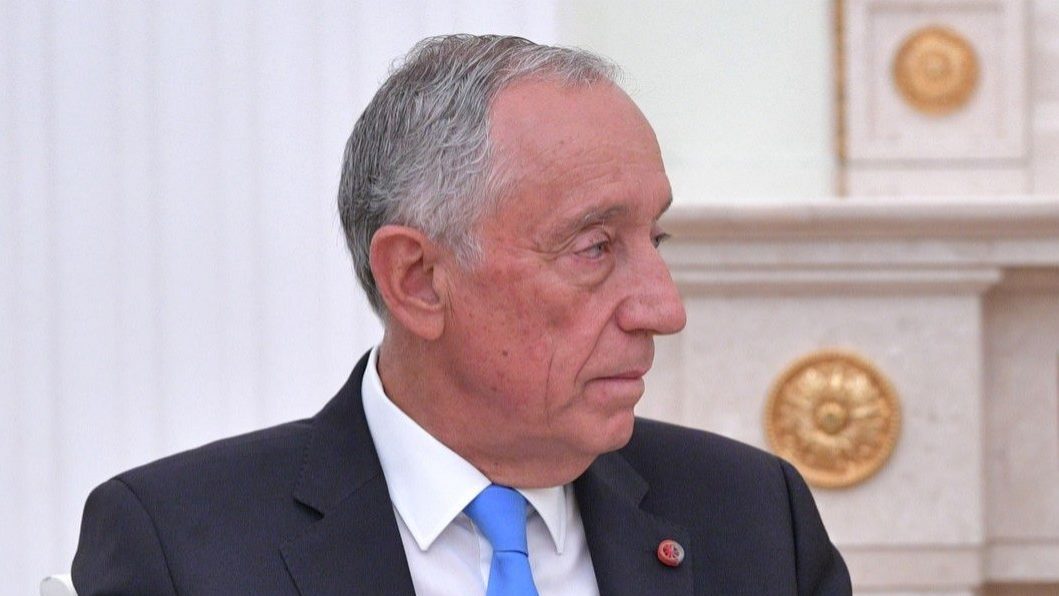EC to rely on Portugal’s ‘political, diplomatic capacity’ in Presidency
The European Commission said it is confident in the country's 'political and diplomatic capacity'.
The European Commission said it is ‘very confident’ in Portugal’s ‘political and diplomatic capacity’ to make progress in areas such as social rights and economic recovery when it leads the European Union (EU) in the first half of 2021.
Pointing out that the Portuguese Presidency of the EU Council will be responsible for implementing recovery plans in member states, European Economic Commissioner Paolo Gentiloni told Lusa he was very confident in the political and diplomatic capacity of the Portuguese prime minister, António Costa, in this regard.
In an interview with Lusa and two other European media in Brussels, he also said he shares the intentions of António Costa and the Portuguese EU Presidency to give great importance to the social aspects.
The European social pillar should be one of the milestones of the Portuguese presidency of the Council of the European Union, which will take place during the first half of 2021, with a social summit planned for May in Porto, during which the action plan will be adopted.
This action plan aims to create greater equality of opportunities and access to the labour market, particularly in the face of the severe recession created by the Covid-19 pandemic.
“And, at the same time, I think that the Portuguese Presidency of the EU will also be faced with the need to complete the process that the German Presidency is leading in implementing the decisions we have taken in previous months,” Paolo Gentiloni said in a reference to measures to support the EU’s recovery from the crisis generated by the Covid-19 pandemic.
This is because not everything will be finished by the beginning of the Portuguese Presidency, he added.
Last July, the European Council approved a Multiannual Financial Framework for 2021-2027 of €1,074 billion and a Recovery Fund of €750 billion.
This fund includes a European Recovery and Resilience Facility of €672.5 billion in grants and loans, under which countries have to submit national investment plans to the European Commission to implement these EU funds.
According to Paolo Gentiloni, another major issue of the Portuguese Presidency of the EU will then be the approval of national Recovery and Resilience plans.
“The first approvals of the plans, linked to the provision of 10% of the funding, are based on the Commission’s proposal, but it is a decision by a qualified majority of the Council. The Council will have several national plans to approve during the Portuguese Presidency of the EU.”
According to Paolo Gentiloni, this will require great cooperation between the Portuguese Presidency of the EU and the European Commission.
“I am very happy and willing to do so with the prime minister and minister [of finance] João Leão and all the Portuguese offices,” the European Commissioner said.


